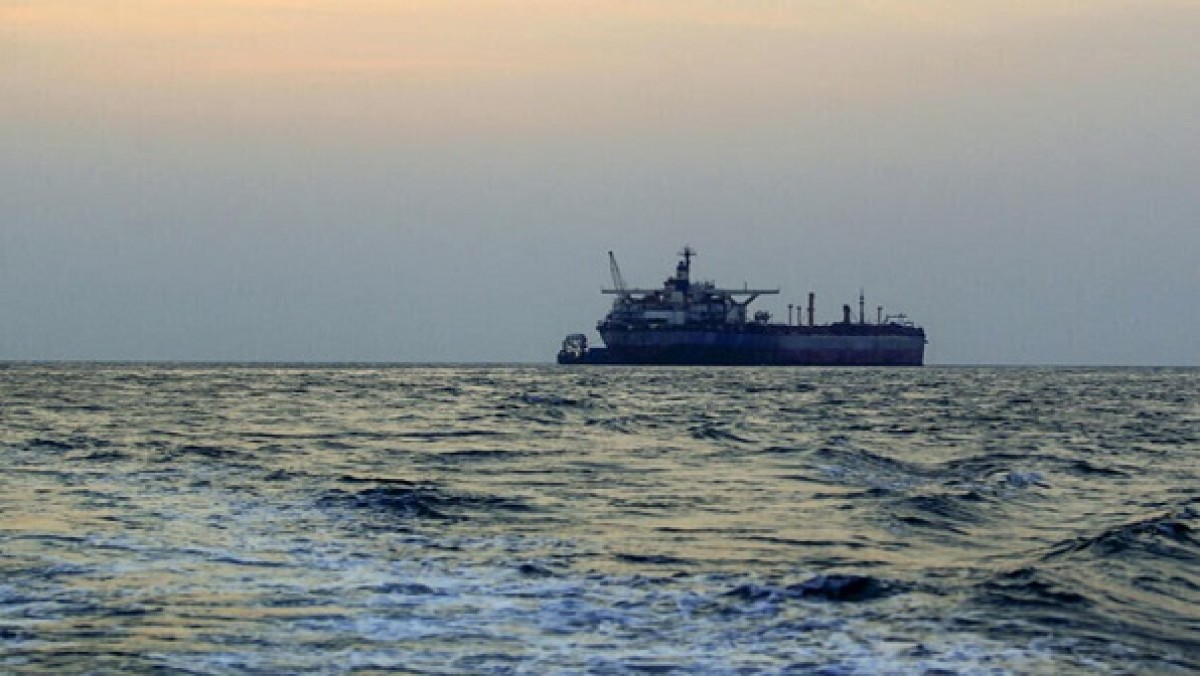An Israeli attack on Egypt because of the Houthis


Israeli media attacked Egypt because of its complete refusal to go to war against the Houthis, despite the economic damage that worsened against the backdrop of navigational disturbances in the Red Sea and the Suez Canal.
Israel Defense magazine, published by the Israeli army, said that despite the severe damage to Suez Canal revenues and the fear of economic collapse, Egypt is refraining from taking military action against the Houthis.
The military magazine report pointed out that Egypt puts strategic considerations, fear of regional escalation, and political relations with the Arab world above all else.
The report indicated that the Houthis had recently announced on Twitter an attack they had carried out in Bab al-Mandab from the Egyptian side, and this time it was against a British tanker called Cordelia Moon. The attack was carried out using boats without a captain that exploded on both sides of the ship, as part of the Houthis’ ongoing efforts. To impose a naval blockade on the region in response to the war in Gaza, yet Cairo did nothing.
The report added: “Since the beginning of October, the Houthis have expanded their activities, closing Bab al-Mandab in Egypt and attacking commercial ships heading to Israel and Europe. To date, about 100 ships have been damaged, causing major disruption in global commercial shipping lanes. These actions have led to This led to a change in trade routes, as ships were forced to sail through the Horn of Africa, which lengthened the route by about two weeks, and also led to higher prices in Europe.
The Israeli military report went on to say: “It is surprising that Egypt did not join the campaign to liberate the shipping lanes, and did not cooperate with the international coalition established by the United States. Despite the significant economic damage - a decline in Suez Canal revenues by about 40% and a decline in export revenues.” Gas to Europe - Egypt is standing by and watching.
He added: “The main question is: why? After all, Egypt is one of the main victims of the naval blockade, and its economy is suffering severely from the damage to the Suez Canal, which is considered one of the country’s most important sources of income.”
He continued: “The answer lies in deeper and more complex considerations than just financial consideration, as Egypt has learned from the experience of the civil war in Yemen in the first decade of the twenty-first century against the Houthis, and in addition, it is aware of the potential consequences of opening another military front against Iran, which provides significant support to the Houthis.”
He added: “Another consideration is the regional political context, as the Arab world views any large-scale military action carried out by Egypt as indirect support for Israel’s actions in Gaza, which is an image that Egypt does not want to portray. Therefore, it chose to avoid Direct participation.
The Hebrew website explained that Egypt prefers to exert political pressure and promote a comprehensive ceasefire in the region, on the basis that this is the correct solution to end the fighting, rather than entering into another military campaign that would escalate the situation.
The military magazine concluded its report by saying: “In the end, despite the severe damage to the economy and internal pressures, Egypt is choosing a strategy of restraint and avoidance, and is well aware of the security challenges posed by the naval blockade, but it is also aware of the risks inherent in military escalation.” .
Source: Israel Defense